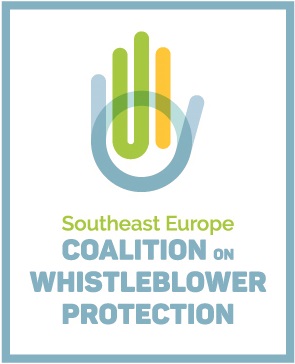Goran Lefkov
David Franklin is an American microbiologist and former Harvard Medical School associate who, while employed by Parke-Davis, filed a whistleblower lawsuit in 1996 exposing their illegal promotion of Neurontin (gabapentin) for unethical use. Franklin’s lawsuit, filed on behalf of the citizens of the United States under the qui tam provisions of the US federal and state law, exposed illegal practices by the pharmaceutical industry and set a new legal precedent that resulted in several convictions and criminal penalties against Pfizer and several other pharmaceutical companies totaling more than $7 billion. The civil cases of David Franklin v. Parke-Davis also followed. Insurance companies, led by Kaiser Permanente, sued Pfizer for fraud and violations of the federal Racketeer Influenced and Corrupt Organizations Act.
The Kaiser case was settled in April 2014 after Pfizer’s appeal to the US Supreme Court was denied. Franklin v. Pfizer also spawned more than a thousand wrongful death (suicide) lawsuits related to the use of Neurontin. Numerous books addressed the social, economic, and health implications of Dr. Franklin’s attitude and actions.
Franklin’s lawsuit, filed under the False Claims Act, alleged that Parke-Davis (after having been acquired by Pfizer) used bogus scientific evidence backed by “tens of thousands in payments” to doctors for “consultations” and “studies” “to encourage them to prescribe the drug Neurontin for conditions including migraine, bipolar disorder and similar diagnoses, even though it was only approved for use as an adjunctive treatment in patients with partial-onset seizures and post-herpetic neuralgia”.
Prescribing a drug for such use was unethical, even though the use was legal. Promotion of such use was prohibited in the United States.
The case revealed that the company marketed the drug for these diseases while withholding evidence that the drug was not effective for them. After initially denying wrongdoing, Pfizer pleaded guilty on May 13, 2004 to felony violations of the Federal Food, Drug, and Cosmetic Act and paid a $240 million criminal penalty and $152 million to state and federal health care programs.





